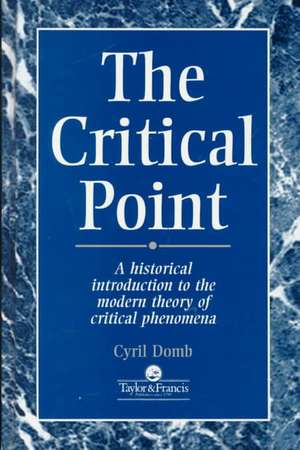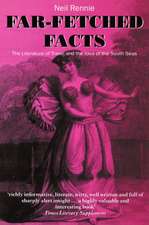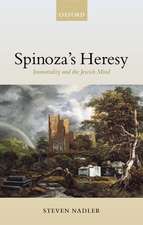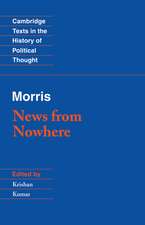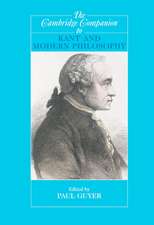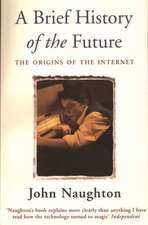The Critical Point: A Historical Introduction To The Modern Theory Of Critical Phenomena
Autor C Domben Limba Engleză Hardback – 20 feb 1996
| Toate formatele și edițiile | Preț | Express |
|---|---|---|
| Paperback (1) | 489.26 lei 6-8 săpt. | |
| CRC Press – 5 sep 2019 | 489.26 lei 6-8 săpt. | |
| Hardback (1) | 1241.87 lei 6-8 săpt. | |
| CRC Press – 20 feb 1996 | 1241.87 lei 6-8 săpt. |
Preț: 1241.87 lei
Preț vechi: 1746.01 lei
-29% Nou
Puncte Express: 1863
Preț estimativ în valută:
237.64€ • 254.11$ • 198.13£
237.64€ • 254.11$ • 198.13£
Carte tipărită la comandă
Livrare economică 18 aprilie-02 mai
Preluare comenzi: 021 569.72.76
Specificații
ISBN-13: 9780748404353
ISBN-10: 074840435X
Pagini: 394
Dimensiuni: 156 x 234 x 26 mm
Greutate: 0.7 kg
Ediția:1
Editura: CRC Press
Colecția CRC Press
ISBN-10: 074840435X
Pagini: 394
Dimensiuni: 156 x 234 x 26 mm
Greutate: 0.7 kg
Ediția:1
Editura: CRC Press
Colecția CRC Press
Public țintă
Academic and Professional Practice & DevelopmentCuprins
"1. Preface 2. Historical Survey 3. Fluids: Classical Theory 4. Light Scattering and Correlations: Classical Theory 5. The Onsager Revolution 6. Reconciliation 7. Renormalization Group 8. Appendix: Related Topics 9. References 10. Index
Contents
Preface
Foreword: About the Author and the Subject
1
Contents
Preface
Foreword: About the Author and the Subject
1
Descriere
.The relationship between liquids and gases engaged the attention of a number of distinguished scientists in the mid 19th Century. In a definitive paper published in 1869, Thomas Andrews described experiments he performed on carbon dioxide and from which he concluded that a critical temperature exists below which liquids and gases are distinct phases of matter, but above which they merge into a single fluid phase. During the years which followed, other natural phenomena were discovered to which the same critical point description can be applied - such as ferromagnetism and solutions. This book provides an historical account of theoretical explanations of critical phenomena which ultimately led to a major triumph of statistical mechanics in the 20th Century - with the award of the Nobel Prize for Physics
